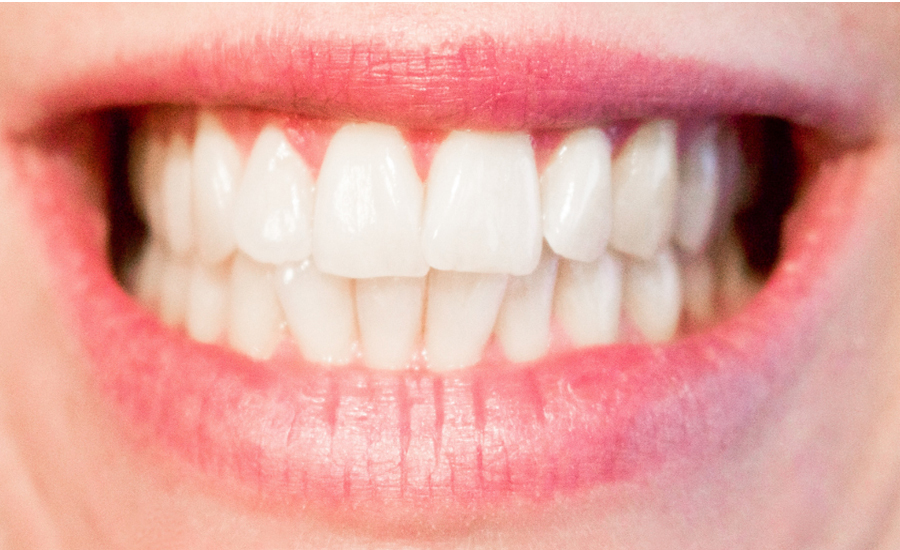Treating gum disease may help control type 2 diabetes

HELSINKI (Reuters ) – Treating chronic gum inflammation might help people with diabetes control their disease, a recent study suggests.
The 264 study participants all had type 2 diabetes and periodontitis, a chronic bacterial infection of the gums that causes ongoing inflammation and is a major cause of tooth loss for adults.
“While more research is needed to explore the exact mechanisms” by which treating gum disease can help people with diabetes, “a reduction of systemic inflammation . . . is the most plausible link,” study leader Francesco D’Aiuto told Reuters Health by email.
Over the course of a year, patients who got intensive periodontal treatment from dentists saw improvements not just in their blood glucose levels but in the health of their kidneys and blood vessels, too.
Type 2 diabetes, the kind linked to obesity and lack of exercise, is a major cause of disability and premature death, mainly from vascular and renal complications, the researchers write in The Lancet Diabetes & Endocrinology. Periodontitis often coexists with diabetes.
Half of the patients in the study were randomly assigned to receive intensive treatment of their gum disease. The remaining patients didn’t get this treatment, but if their gum disease got worse during the year, they received prompt specialist care and were withdrawn from the study.
In the intensive treatment arm, patients got an initial session of whole mouth scaling. Two months later, patients with good oral hygiene and particularly severe gum disease had periodontal surgical therapy. Patients with suboptimum oral hygiene or without severe gum disease at two months continued to receive regular scaling of the root surfaces until completion of the study.
Researchers estimated average blood sugar levels by measuring HbA1c, a protein on red blood cells that indicates blood sugar levels over a period of two to three months. With diabetes, keeping HbA1c test results below seven percent is generally considered to be good blood sugar control.
At the start, the average HbA1c was 8.1 percent in both groups. After 12 months, the HbA1c level averaged 0.6 percent lower in the group that got intensive gum disease treatments.
Two markers of kidney health also improved in the intensive treatment group: blood levels of a substance called creatinine, and the amount of blood that passes through waste filters in the kidneys called glomeruli.
A marker of artery health called flow-mediated dilation also improved in this group.
Not surprisingly, oral health was better in the intensive treatment group, too.
It’s possible, the authors admit, that the findings could be partly attributed to the effects of medicines patients were taking. Still, they suggest, oral health improvement in this population may represent an important therapeutic opportunity.
“Hopefully follow-up of these patients will continue—or other longer-term studies will be done - in order to confirm the beneficial effects of intensive treatment of periodontitis in people with diabetes,” said Pirkko Pussinen from University of Helsinki, author of an editorial published with the study.







